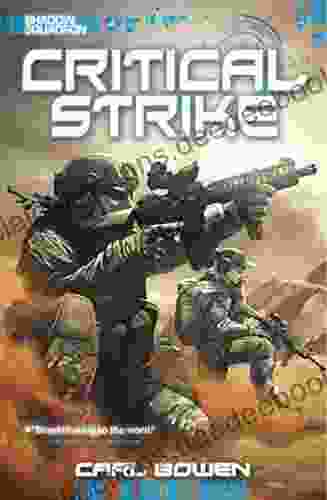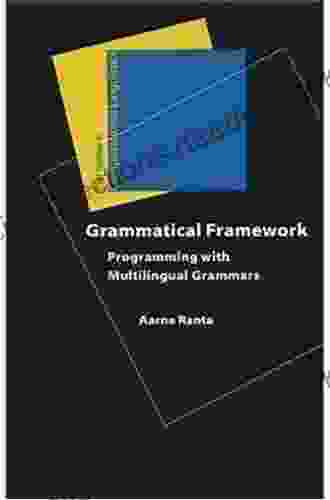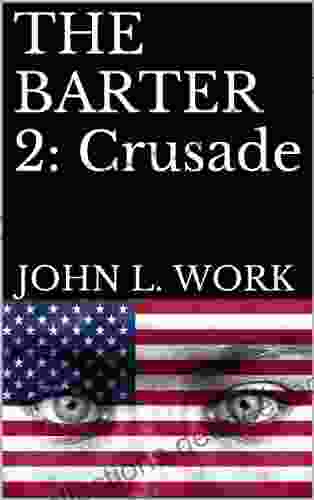Critical Strike Shadow Squadron (CSSS) is an elite counter-terrorist force that operates under the direct command of the Joint Chiefs of Staff. Established in the wake of the 9/11 attacks, CSSS is tasked with conducting high-risk counter-terrorism operations around the globe. The unit's primary mission is to neutralize terrorist threats, rescue hostages, and conduct covert operations in support of national security objectives.
4.3 out of 5
| Language | : | English |
| File size | : | 43949 KB |
| Text-to-Speech | : | Enabled |
| Screen Reader | : | Supported |
| Enhanced typesetting | : | Enabled |
| Word Wise | : | Enabled |
| Print length | : | 225 pages |
| Paperback | : | 108 pages |
| Item Weight | : | 8.2 ounces |
| Dimensions | : | 8 x 0.26 x 10 inches |
| Grade level | : | 7 - 9 |
CSSS is composed of highly trained and experienced operators drawn from the ranks of the US military and intelligence community. The unit's members are experts in a wide range of disciplines, including close combat, firearms proficiency, tactical planning, and intelligence gathering. CSSS operators are also equipped with the latest weapons and technology, allowing them to carry out their missions with precision and efficiency.
History and Organization
CSSS was established in 2002 as part of the US government's response to the growing threat of terrorism. The unit was initially modeled on the Delta Force, but has since evolved into a distinct and specialized force with its own unique capabilities. CSSS is organized into a number of operational detachments, each of which is responsible for a specific geographic region.
CSSS operators are typically deployed on short-term missions, often operating in hostile and volatile environments. The unit has conducted operations in a number of countries around the world, including Iraq, Afghanistan, Syria, and Yemen. CSSS operators have also been involved in a number of high-profile counter-terrorism operations, including the raid on Osama bin Laden's compound in Abbottabad, Pakistan.
Capabilities and Training
CSSS operators are highly trained and skilled in a wide range of disciplines. The unit's training program is one of the most rigorous and demanding in the world, and it prepares operators to carry out their missions with precision and efficiency. CSSS operators receive training in a variety of areas, including:
- Close combat
- Firearms proficiency
- Tactical planning
- Intelligence gathering
- Urban warfare
- Hostage rescue
- Counterinsurgency
In addition to their formal training, CSSS operators also participate in regular exercises and simulations. These exercises allow operators to practice their skills and tactics in realistic scenarios. CSSS operators are also required to maintain a high level of physical fitness. They must be able to operate in a variety of challenging environments, and they must be prepared to work long hours under stress.
Role in Counter-Terrorism
CSSS plays a vital role in the US government's efforts to combat terrorism. The unit's high-risk missions are essential to neutralizing terrorist threats and protecting US interests. CSSS operators have conducted successful operations against a wide range of terrorist groups, including al-Qaeda, ISIS, and the Taliban. The unit's efforts have helped to make the world a safer place.
CSSS is just one component of the US government's counter-terrorism strategy. The unit works closely with other US agencies, as well as with international partners, to share intelligence and coordinate operations. CSSS is also part of a global network of counter-terrorism forces that are working together to combat the threat of terrorism.
Critical Strike Shadow Squadron is an elite counter-terrorist force that plays a vital role in protecting the United States and its allies from the threat of terrorism. The unit's highly trained operators are capable of carrying out high-risk missions in the most challenging environments. CSSS is a valuable asset in the fight against terrorism, and its efforts have helped to make the world a safer place.




























































































